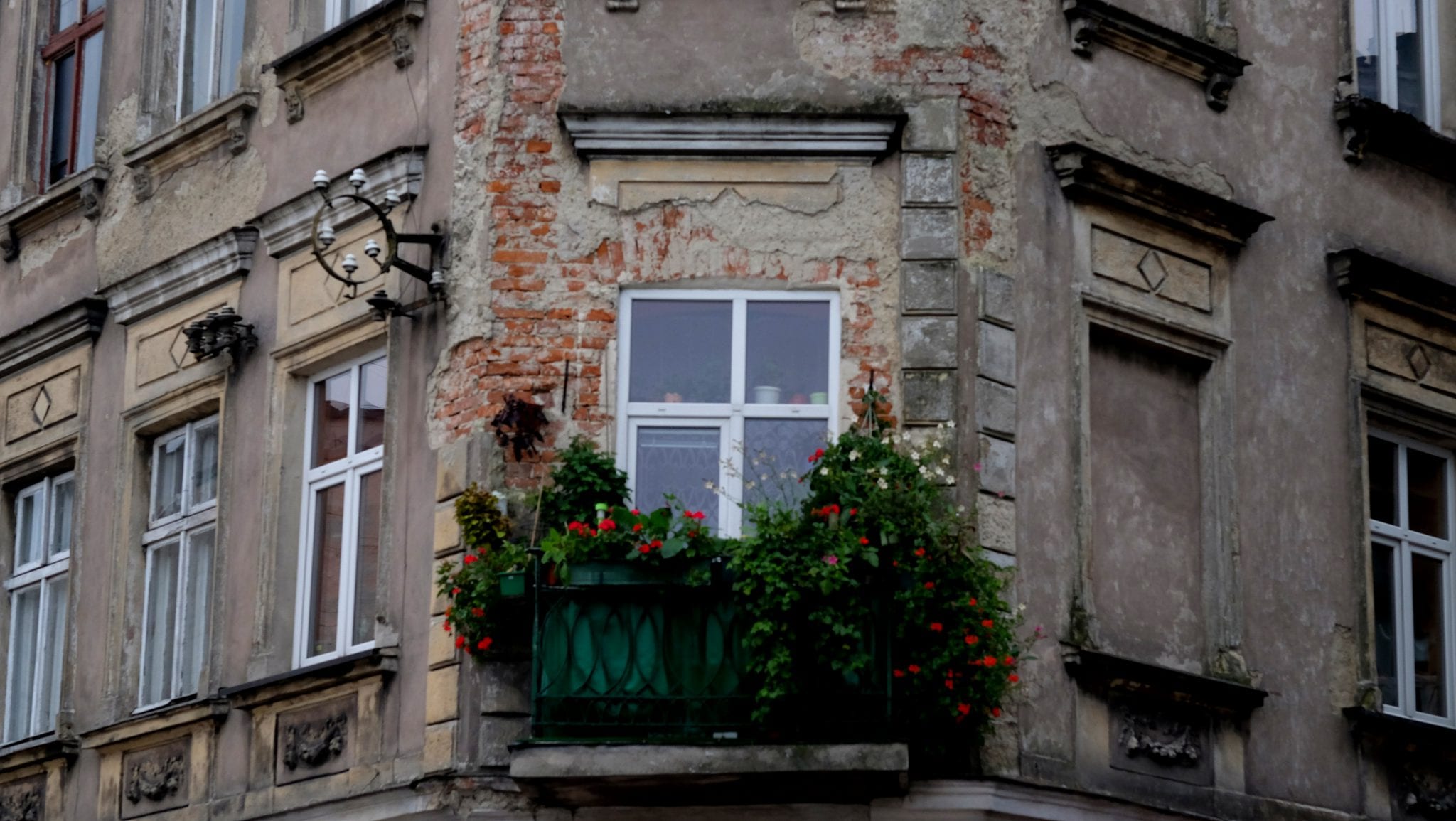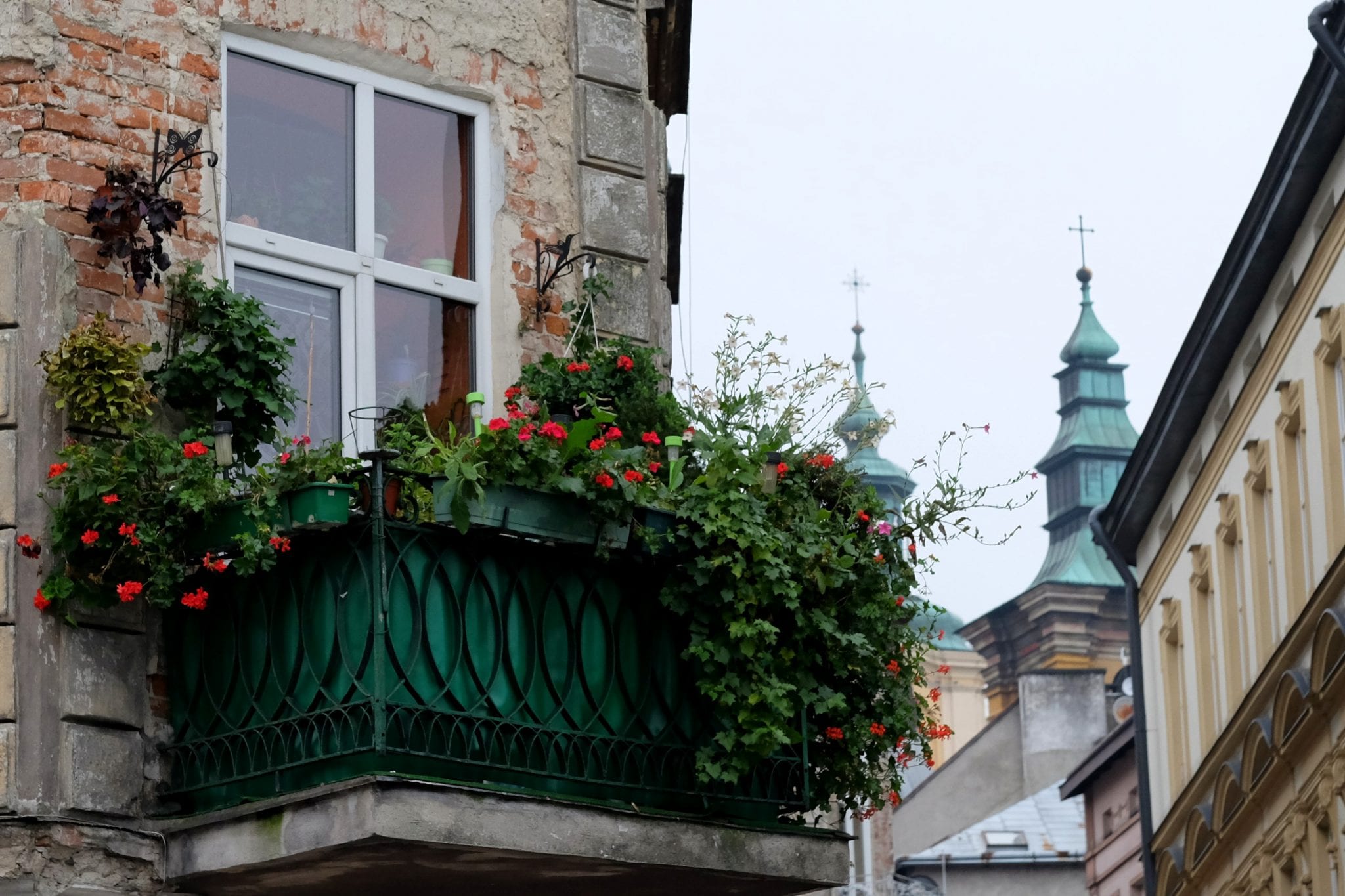October 15th is a round anniversary - 10 years ago President Lech Kaczyński was in Przemyśl at the monument of John Paul II, where he decorated soldiers of the Outlawed. At that time he referred to the problems we are talking about now: complicated but necessary cooperation with our neighbors - began his speech Speaker of the Sejm Marek Kuchciński.
He strongly emphasized that the actions of the state authorities are actions calling for renewal and not for leaving the EU. - As the Speaker of the Sejm I am obliged by the highest state authority to emphasize that we see the future of Poland in the European Union. We do not see any possibility of better arrangement of political, social or economic, cultural relations, including references to our cooperation with the States - NATO or the complicated future of TTIP and CETA, cooperation with Turkey or China - 16+1. These actions are not opposing, competing, but enriching - he added. The Speaker of the Sejm argued that as the Visegrad Group (V4) we expect solidarity and our common position, even in the case of migrants, makes us a strong partner that other EU members will start to reckon with.
He also mentioned the cooperation between Central European countries initiated in 2010 by President Lech Kaczynski. - Over the past few years, during our contacts with the Scandinavians, the Balts and the Caucasus, we have noticed that there is a political void in this part of Europe, between Moscow and Berlin. - We were told," said the Marshal, "that Poland should raise the banner of Central Europe. But we do not want to do that. We want to cooperate on the basis of equality with equals, free with free.
According to Marshal Kuchciński, Europe can be a geopolitical force when the United Kingdom returns and becomes a political part of the community, and when we attract states from across our eastern border to the EU.
One of the speakers, Prof. Marek Kornat, spoke about the third chance to give Central and Eastern Europe subjectivity. - The first such chance existed in the 16th century during the Jagiellonian dynasty, and the second in the interwar period and the Versailles order". - he pointed out. According to the professor, this did not happen because of Polish-Czechoslovak, Romanian-Hungarian and Hungarian-Czechoslovak antagonism. Instead, the 20th century brought negative experiences in the form of forces that led to two great cataclysms: World War I and World War II.
Prof. Heinrich Best asked if the region's common plan could be the threat from Russia. - What about Hungarian Prime Minister Victor Orban and his admiration for Putin? My impression is that the common enemy is Russia, but Brussels and Berlin with their immigration policies. We must learn from history and not let divisive factors overcome us in this community," Best argued.
In turn, Prof. David Darchiashvili from Georgia emphasized the closeness of his country to this part of Europe and expressed hope for joining the EU. - Unfortunately, current Georgian elites are not in the best shape - he noted. Darchiashvili also said that Georgia is committed to restoring peace in Ukraine.
Before the panel, the Speaker of the Sejm opened the exhibition "From Visegrád to Visegrád", telling the story of political, trade and cultural relations between the countries that make up today's V4 - from the first congress in Visegrád in 1335 to the creation of the Group in 1991.
- We treat this exhibition as a harbinger of something bigger and more important (...) it is an example, an indication, an inspiration for us to think about the future in a positive way. As a matter of fact, in all those pictures from the Middle Ages, from the times of Casimir the Great, from the Jagiellonian times, or in the documents from the 19th century uprisings, there are positive examples of cooperation, support, dynastic and personal relations, and similar thinking. We think about freedom according to certain principles, which can be illustrated by recalling the well-known slogans "Nothing about us without us", "there is no freedom without solidarity" and "free with free, equal with equal". In the Hadziak agreement there was another one: "The noble with the noble". And in this spirit, with this thought, we want to encourage everyone to wander with this exhibition in various places in Poland, also in the Visegrad countries, and perhaps with our neighbors in Ukraine, Romania, in other countries that have a similar history, similar goals that unite us," said Marshal Kuchciński.
The conference was held under the patronage of President Andrzej Duda. It was organized by the Alliance of European Conservatives and Reformists, to which Zdzisław Krasnodębski belongs (panel moderator), and the Association of Artists for the Republic of Poland, of which the MEP is the chairman.
The conference is held parallel to the meeting of presidents of the Visegrad Group countries in Rzeszów and Łańcut. According to Prof. Krasnodębski, its task is to build intellectual and cultural ties, which also translate into a certain political rapprochement, or at least getting to know each other better.
TV Rzeszów footage: http://rzeszow.tvp.pl/27352083/konferencja-naukowa-i-wernisaz-w-muzeum-narodowym
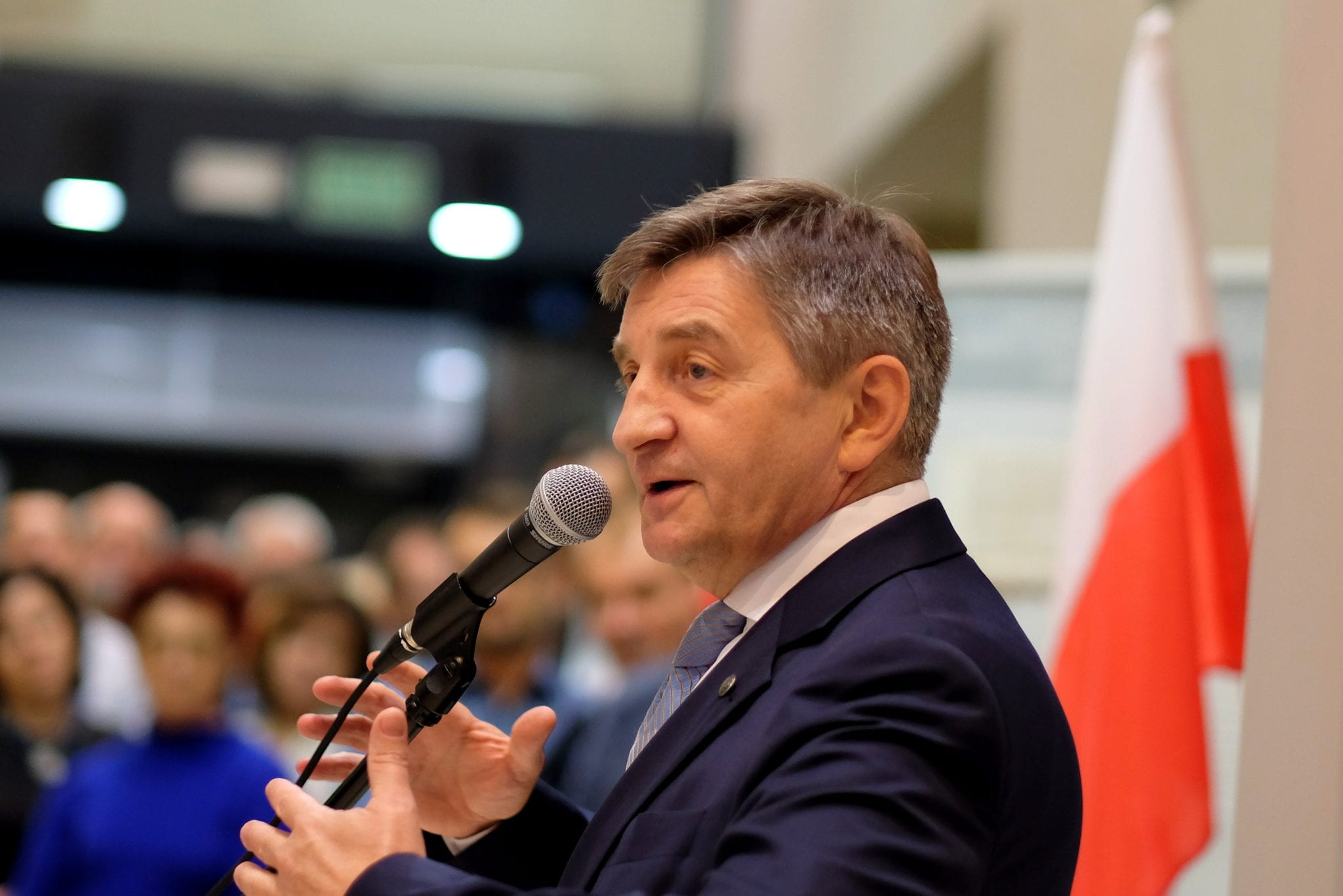
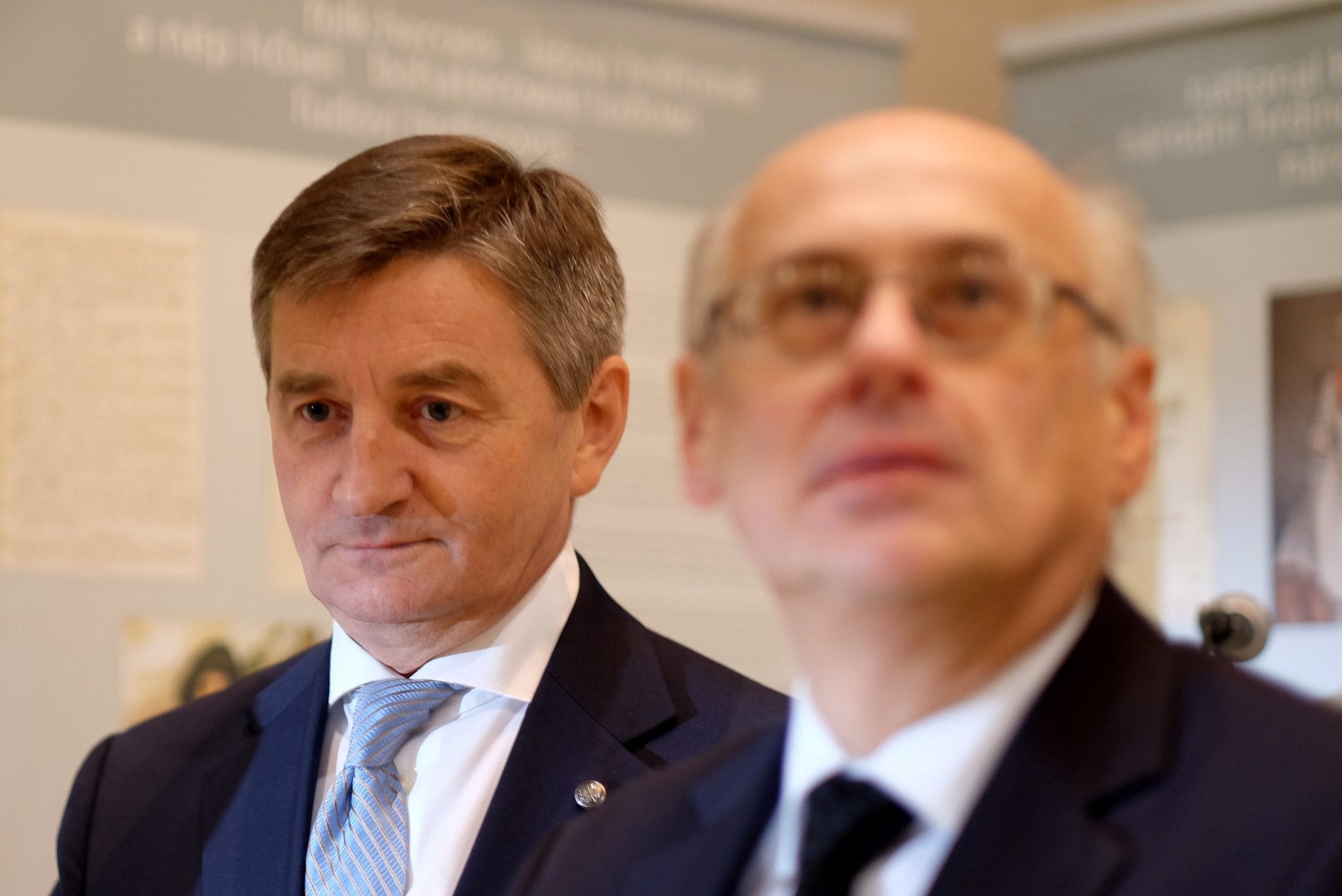
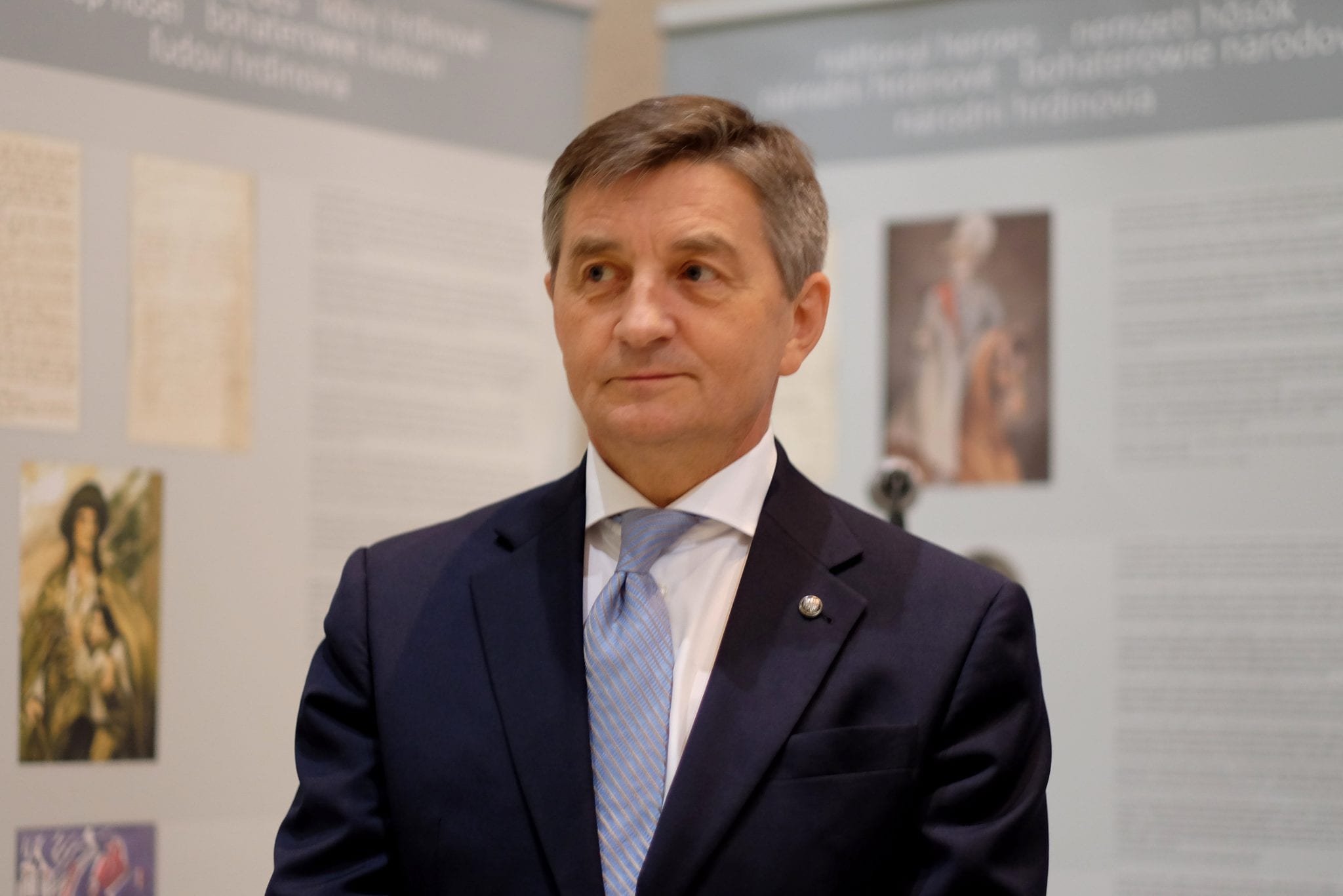
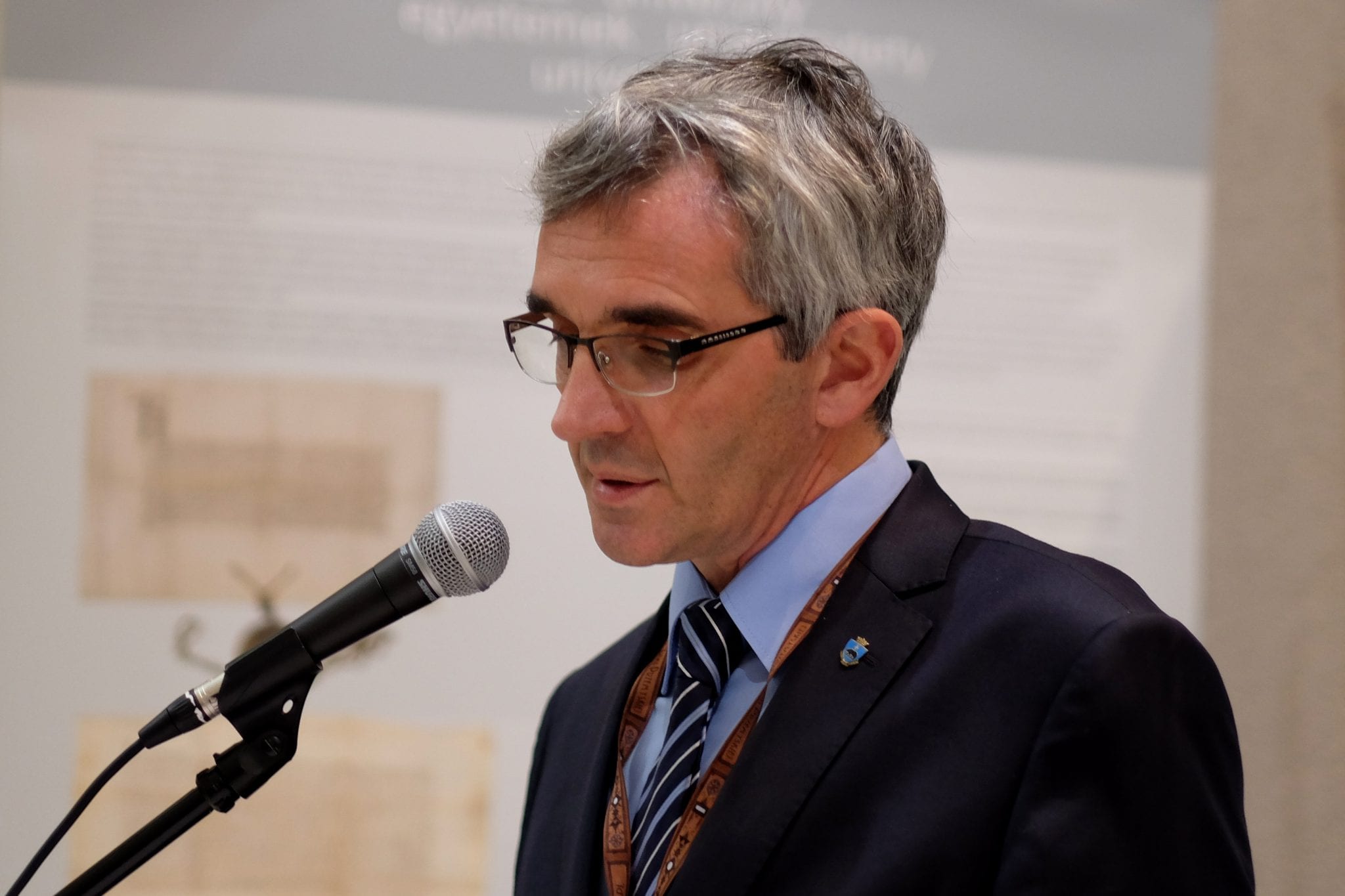
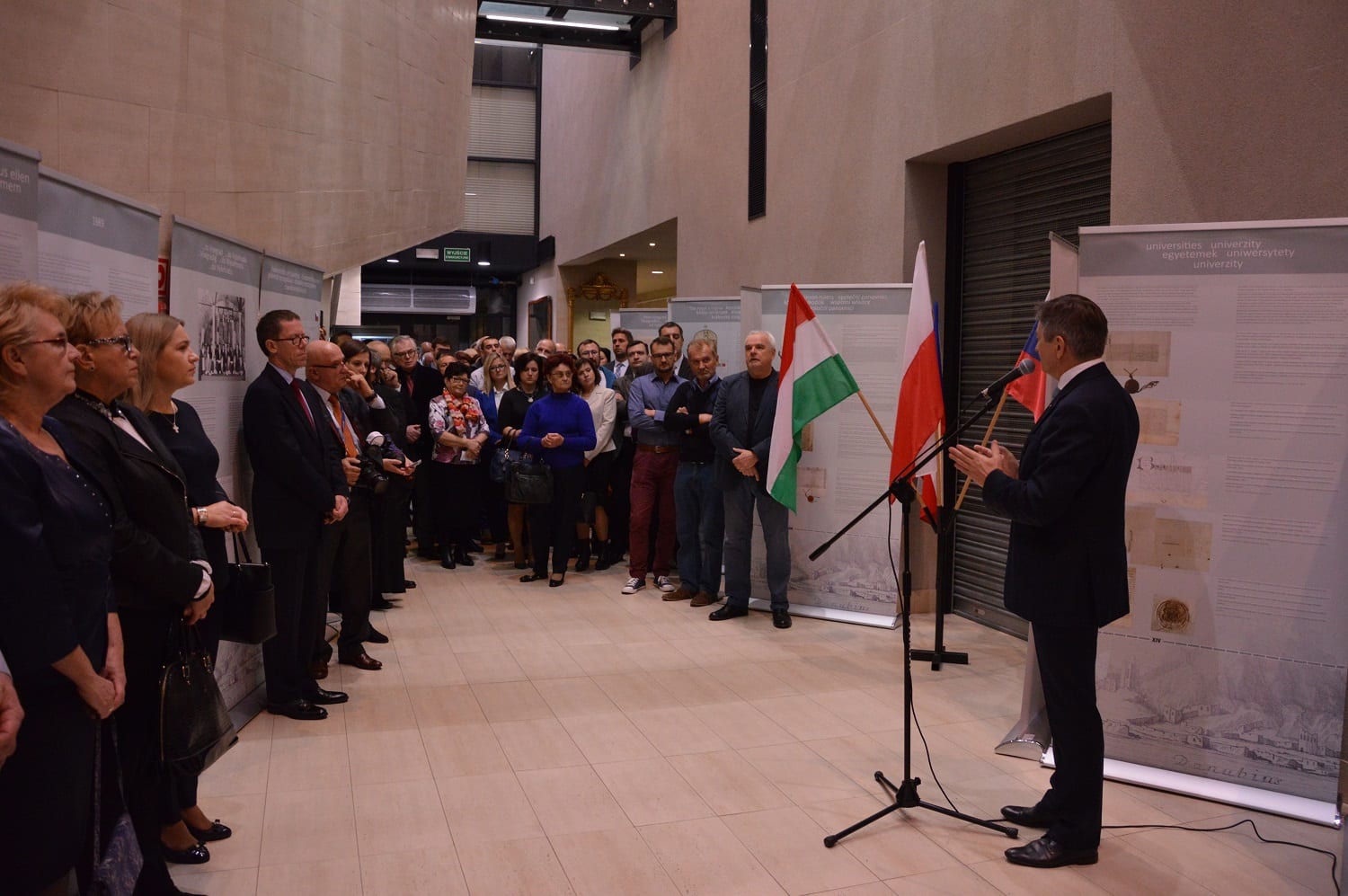
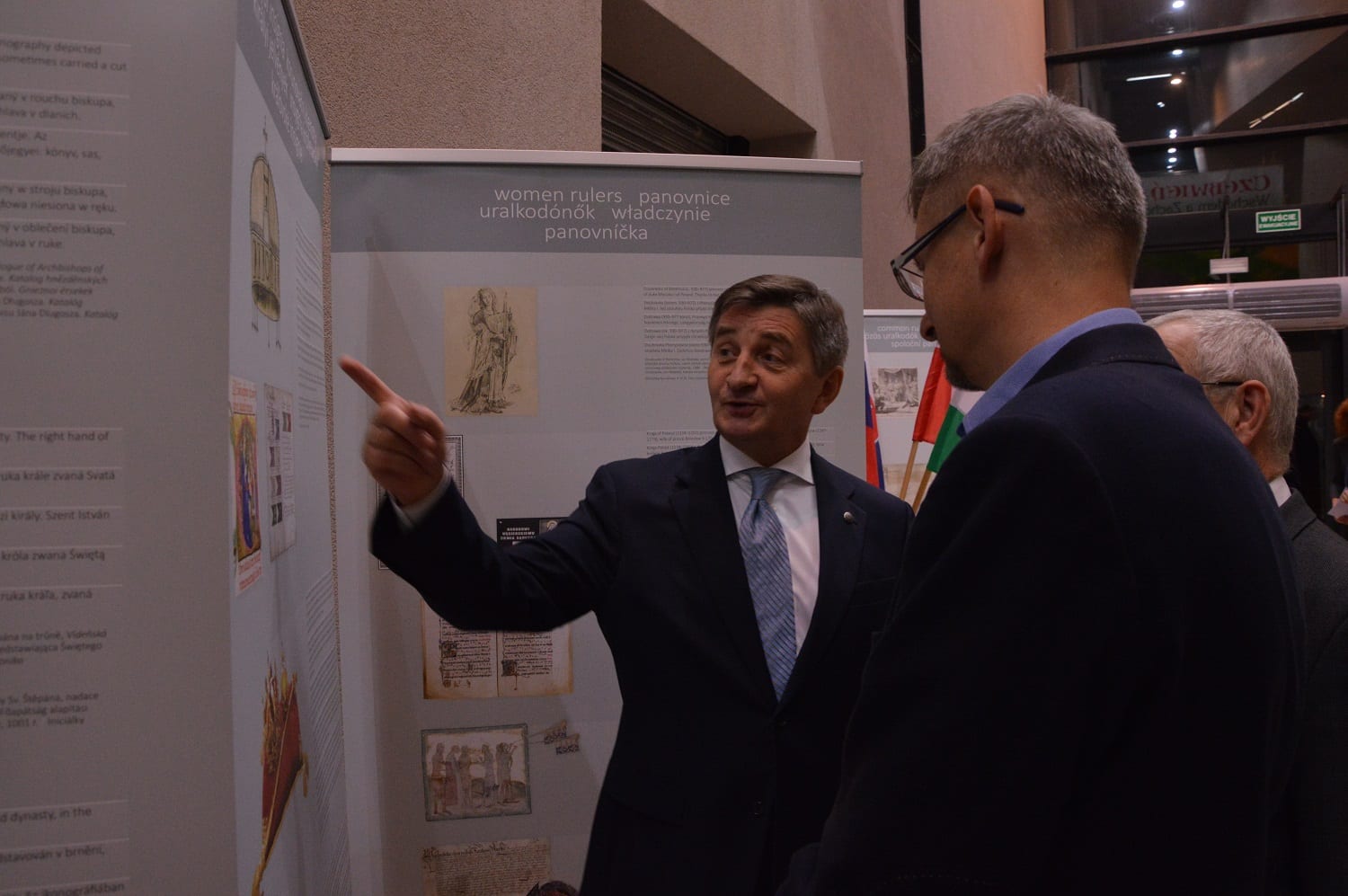
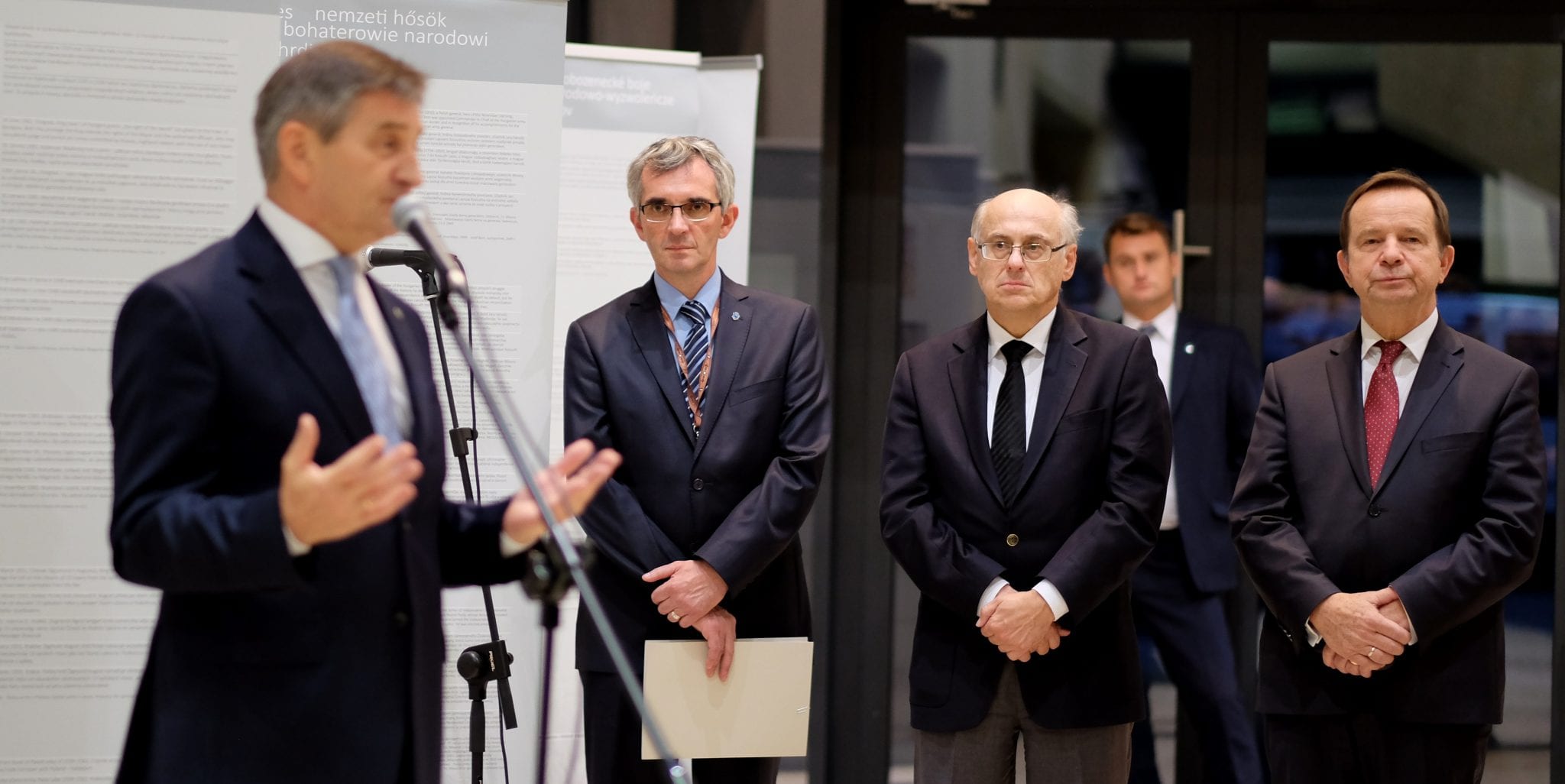
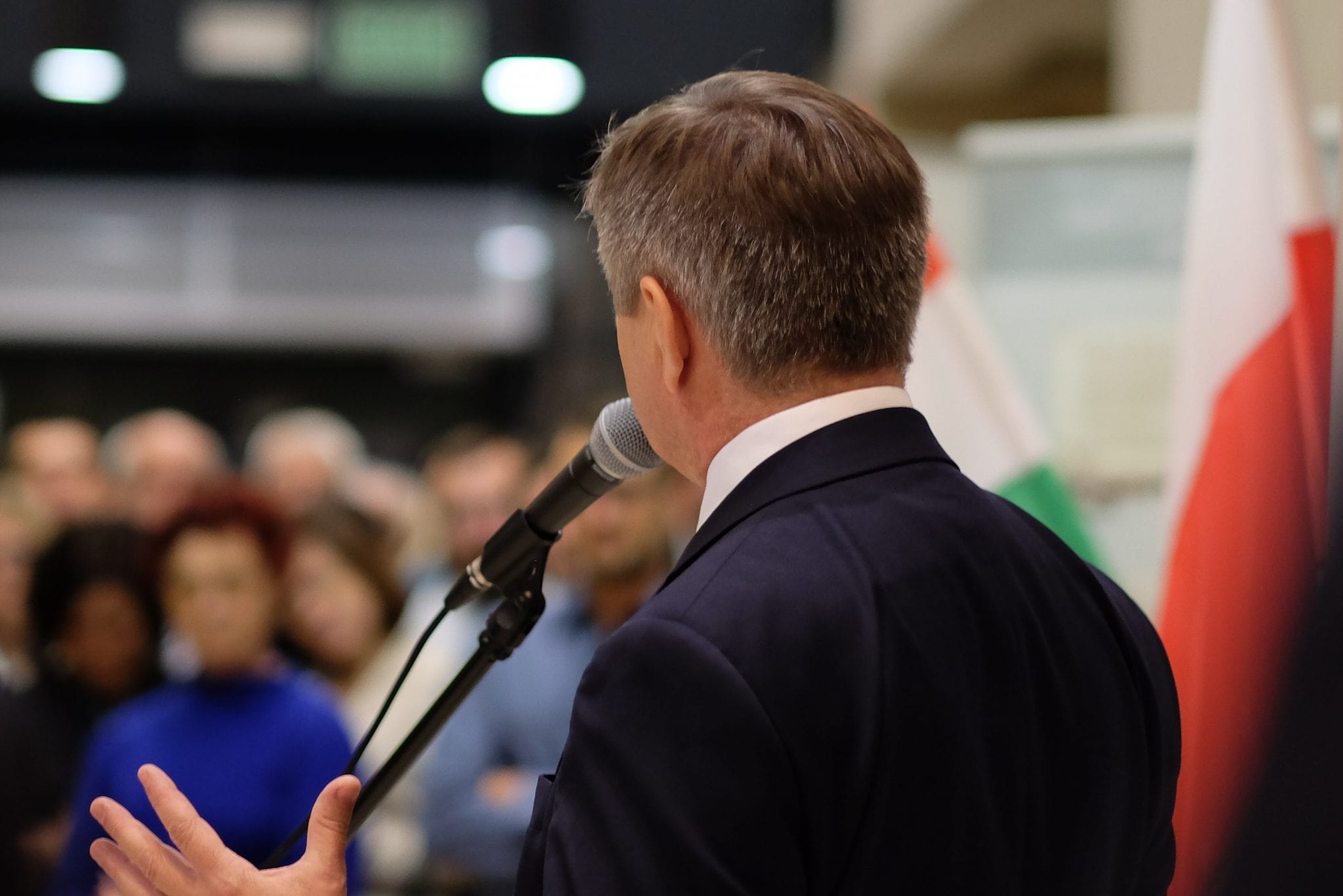
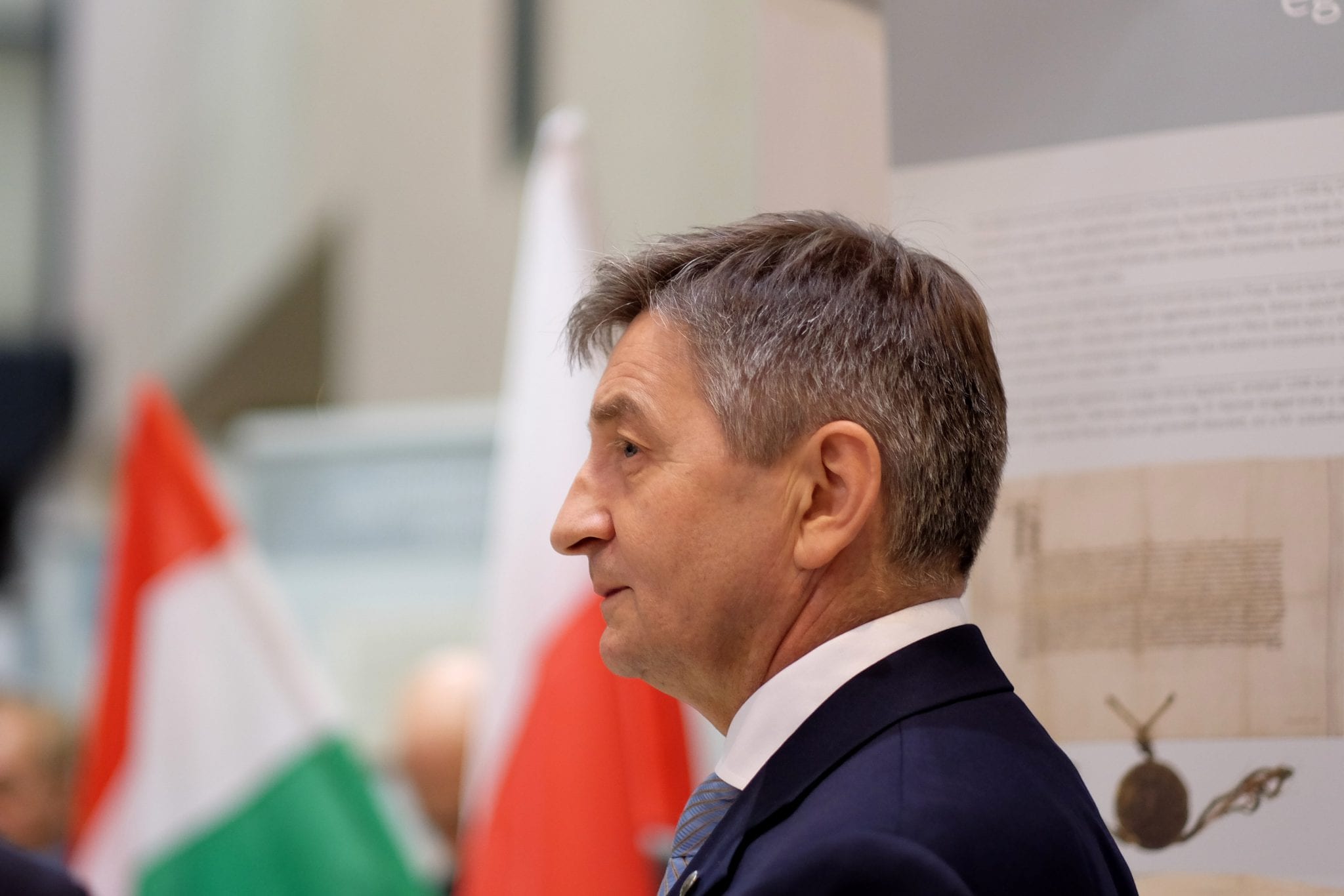
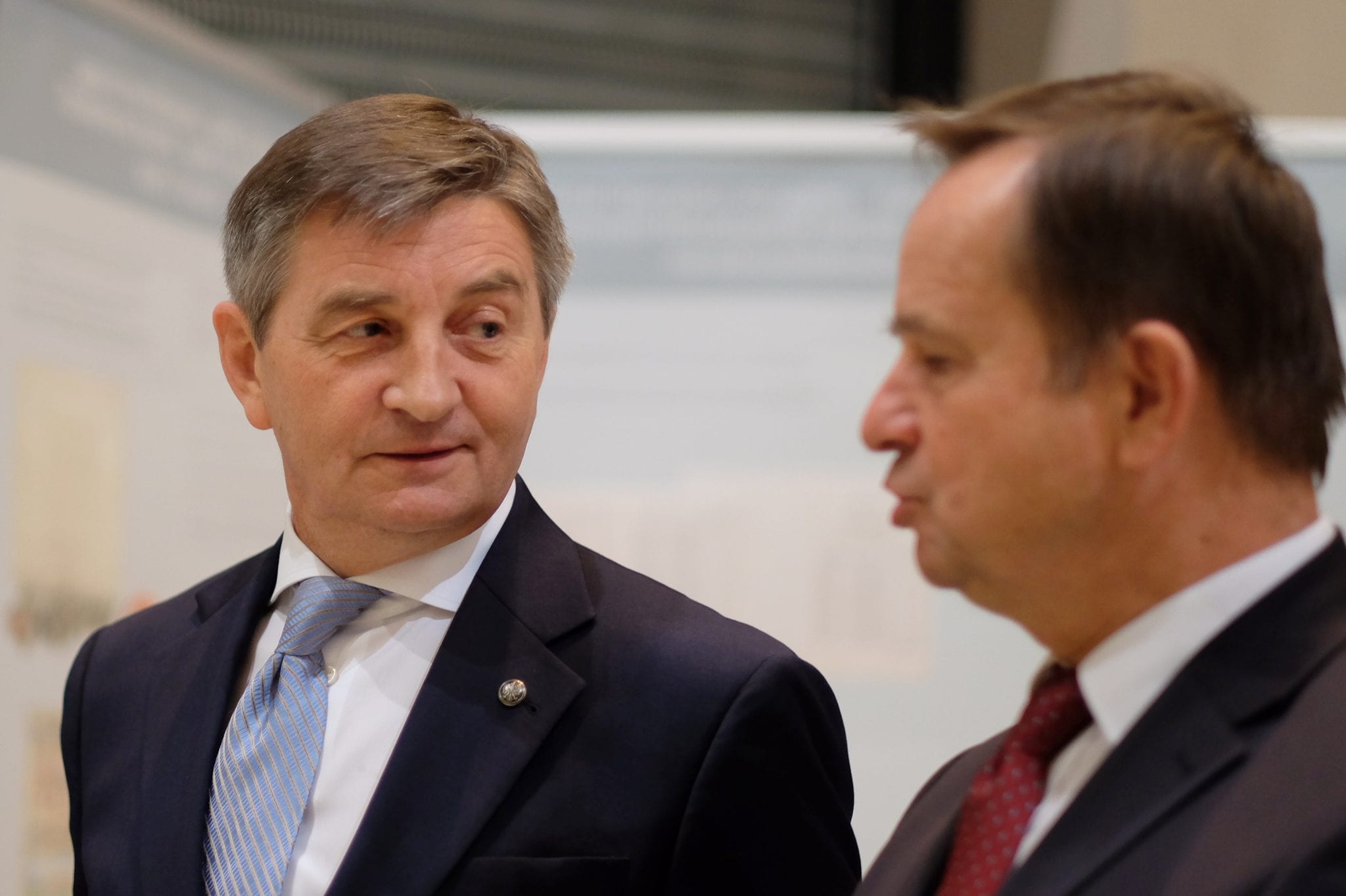
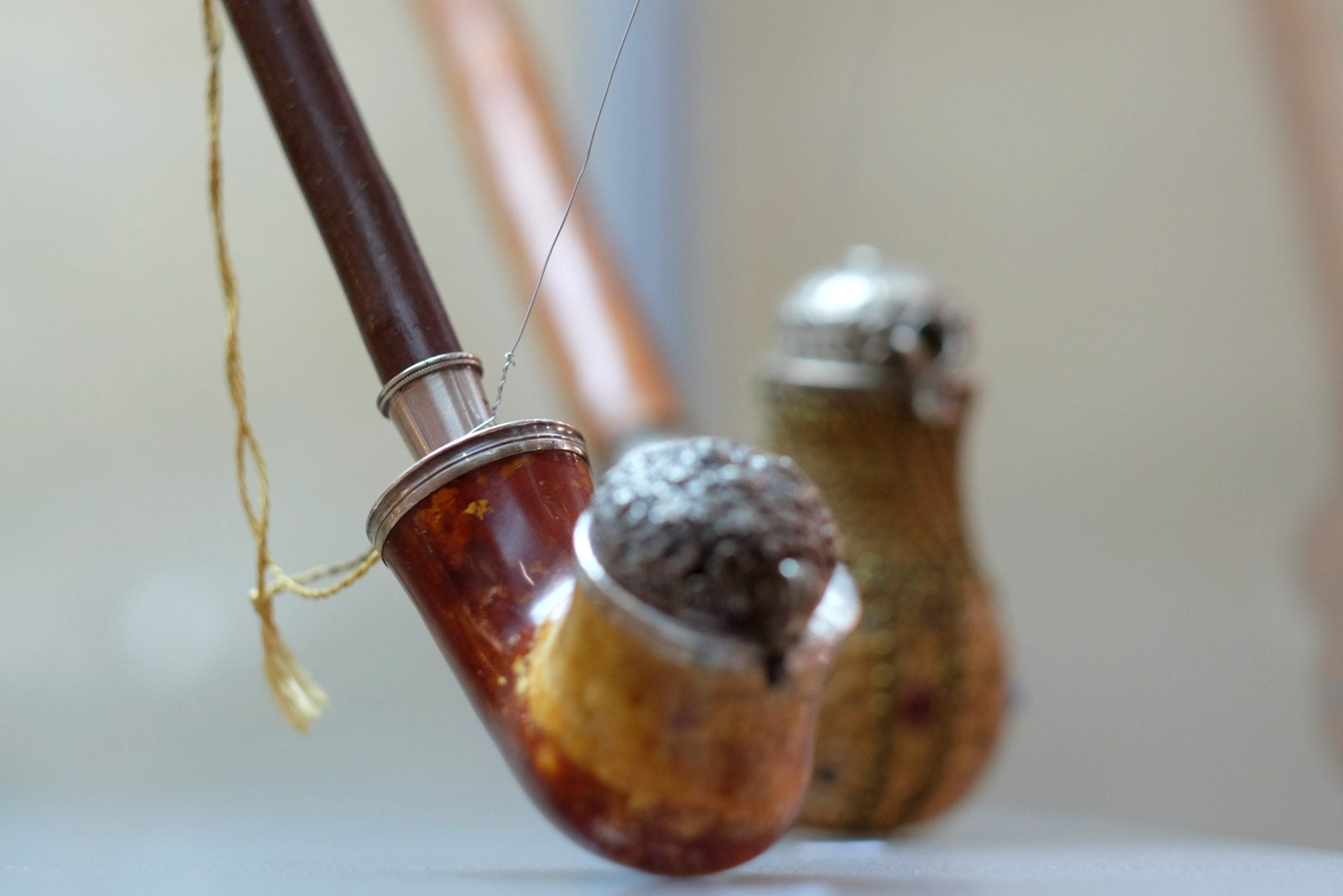
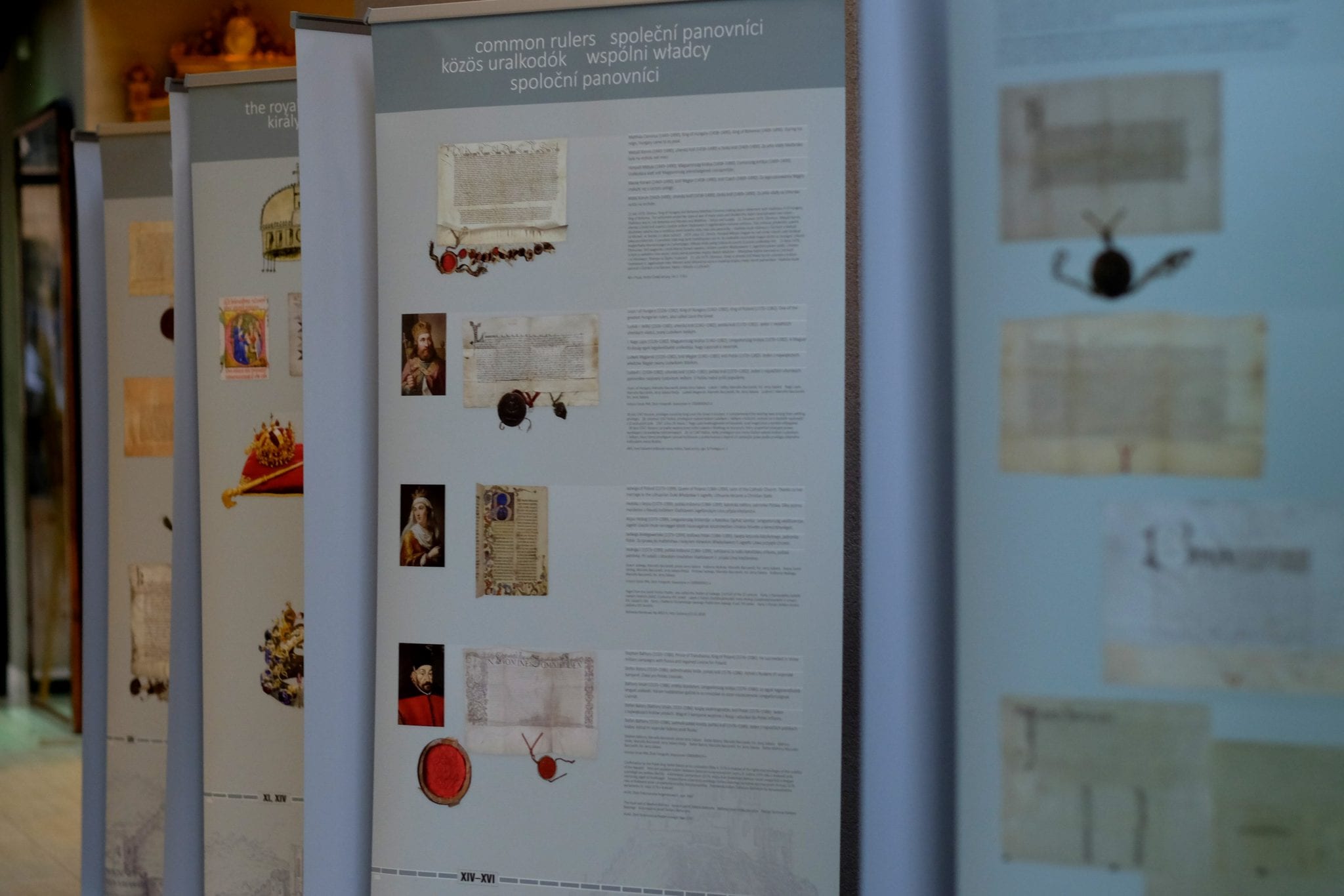
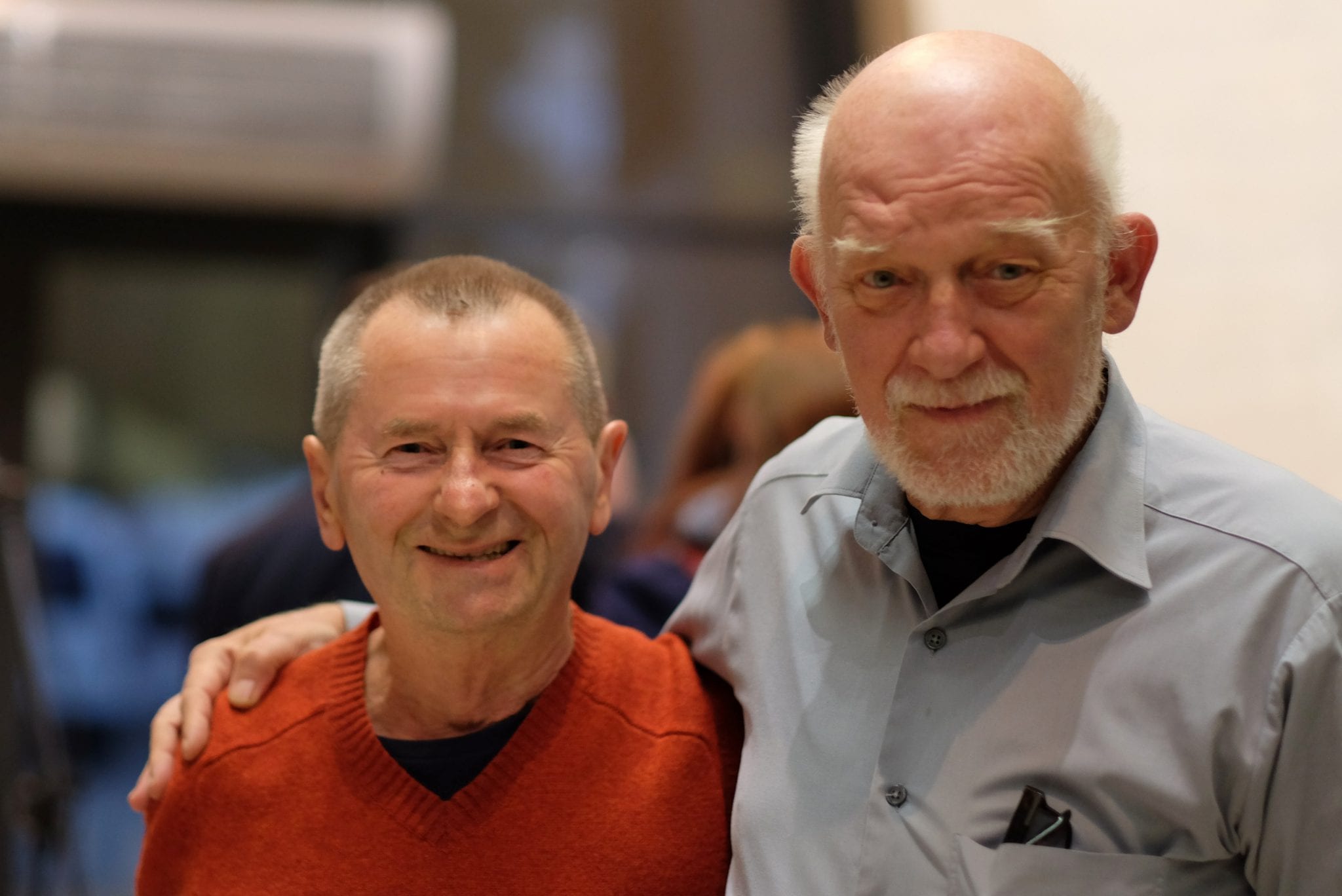 Stanisław Kusiński and Mirosław Chojecki
Stanisław Kusiński and Mirosław Chojecki The moderator of the Przemyśl conference was Professor Zdzisław Krasnodębski
The moderator of the Przemyśl conference was Professor Zdzisław Krasnodębski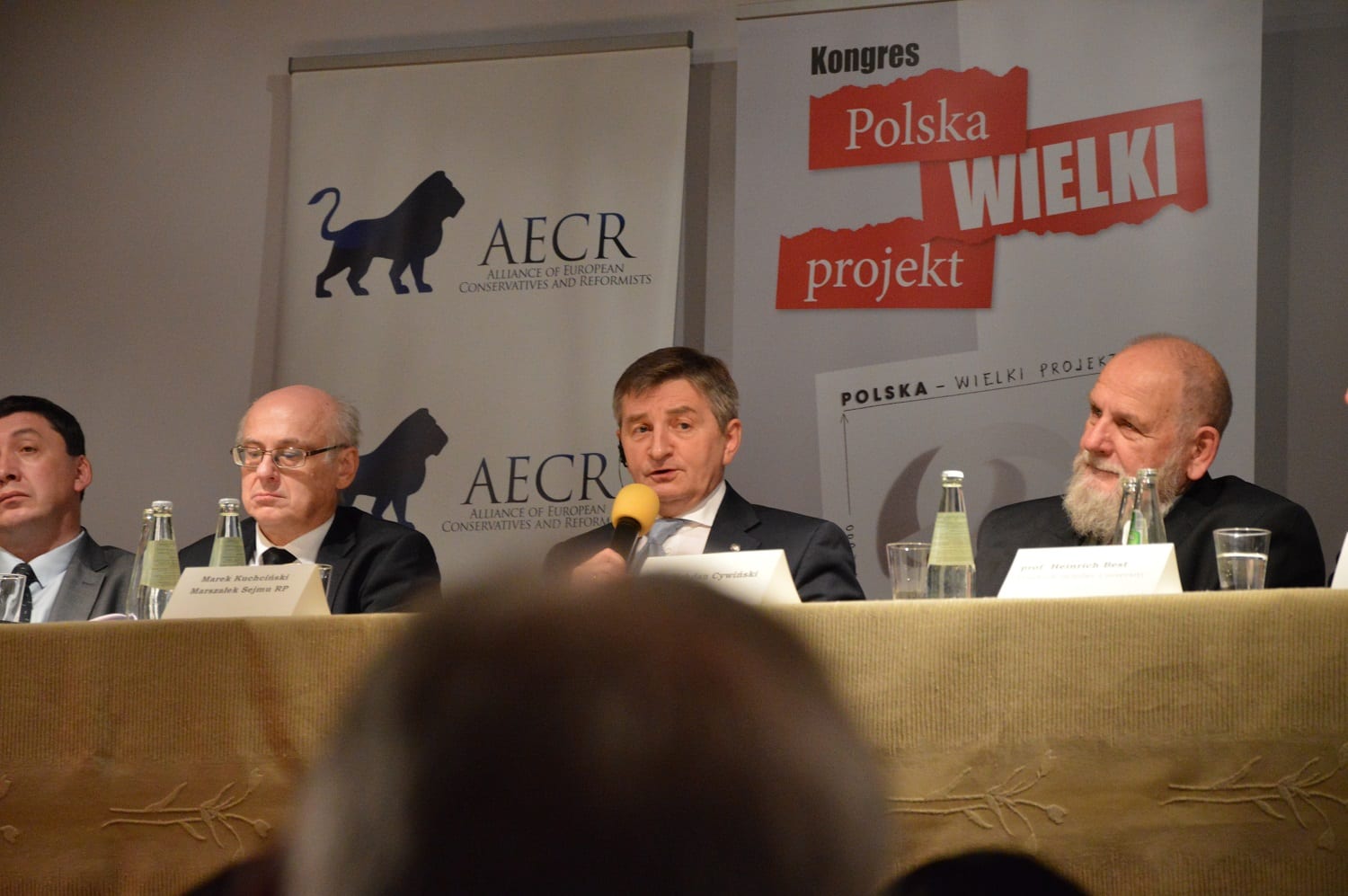
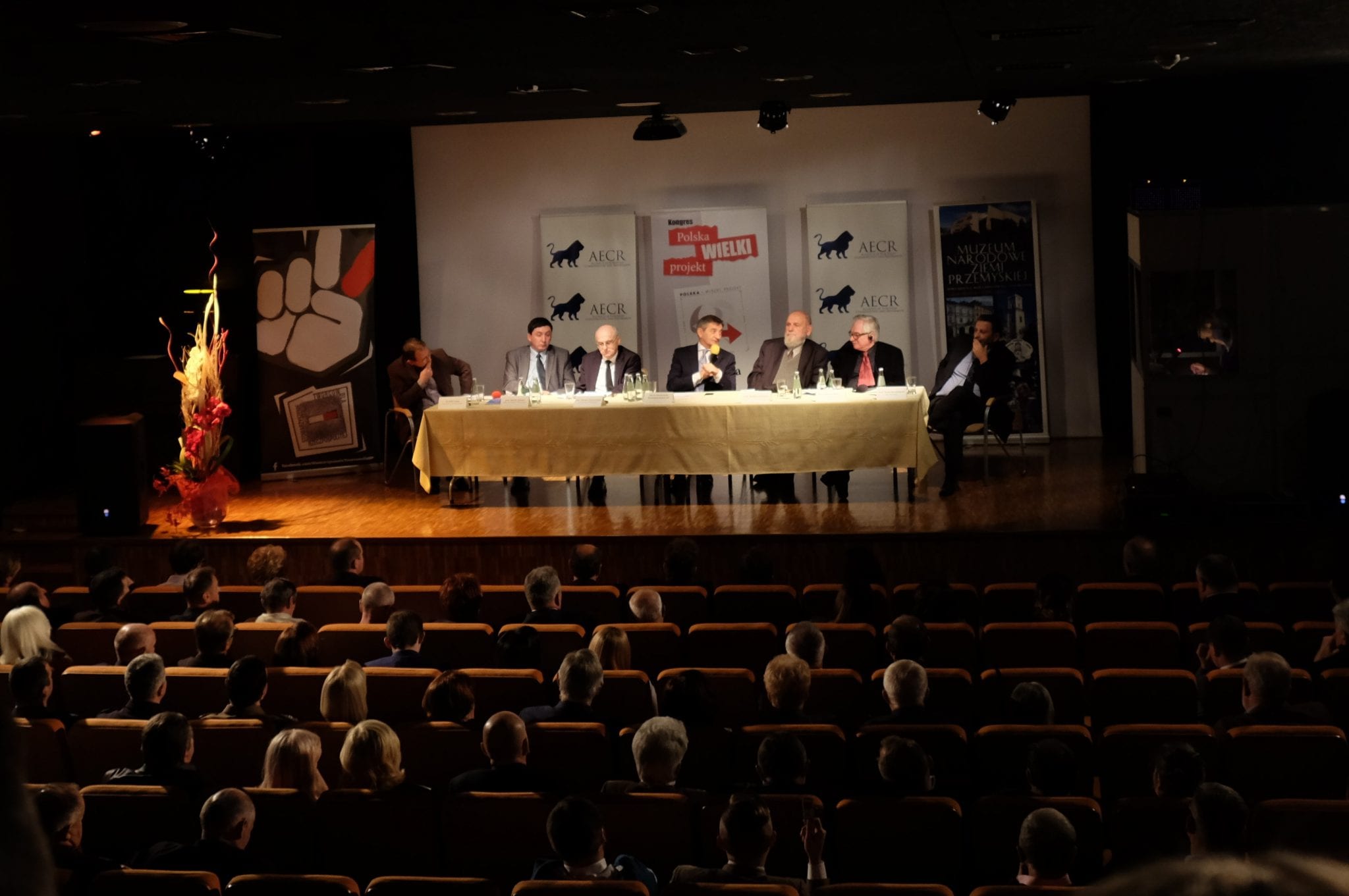
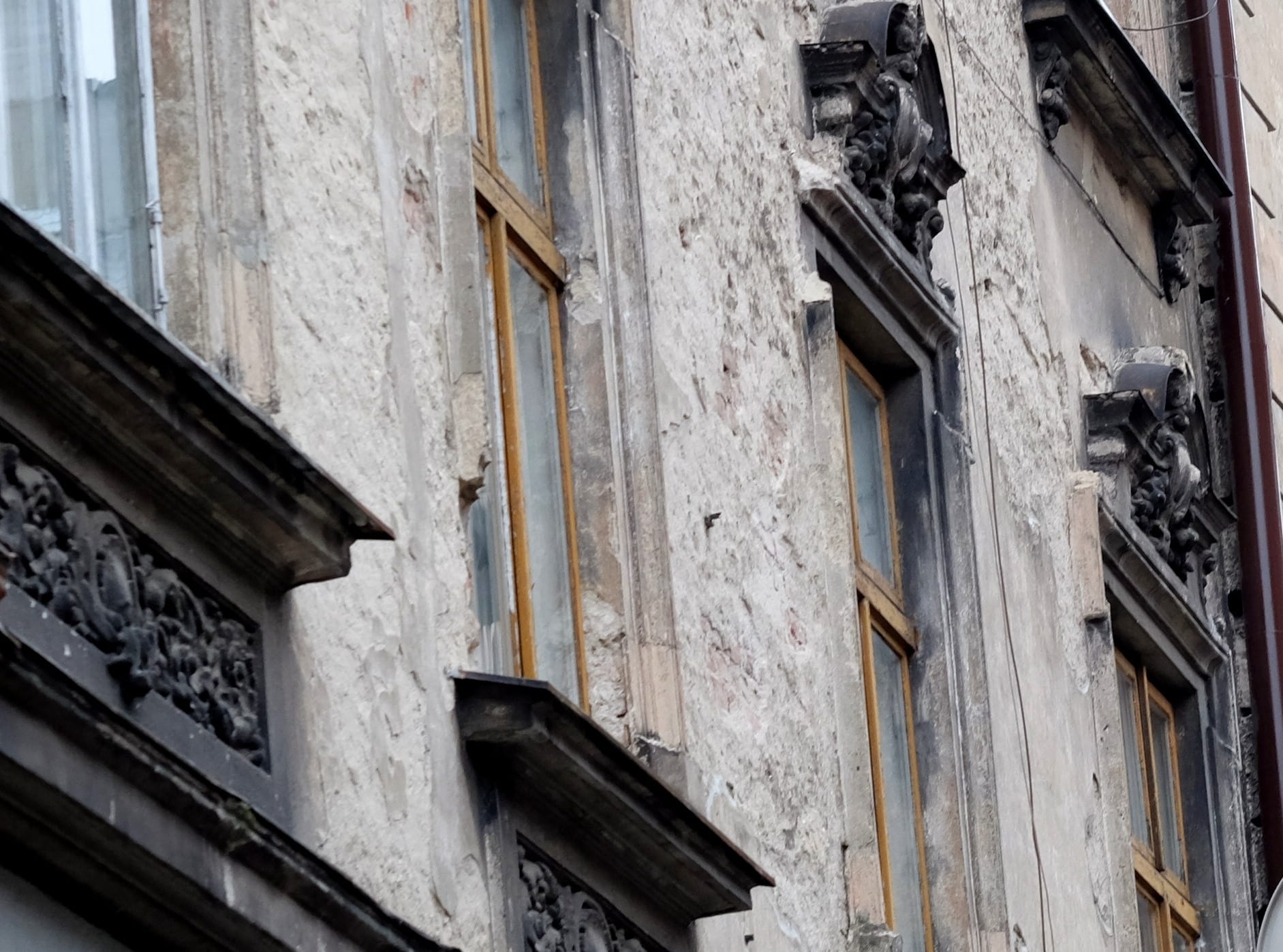 Przemyśl: tenement houses in the market square
Przemyśl: tenement houses in the market square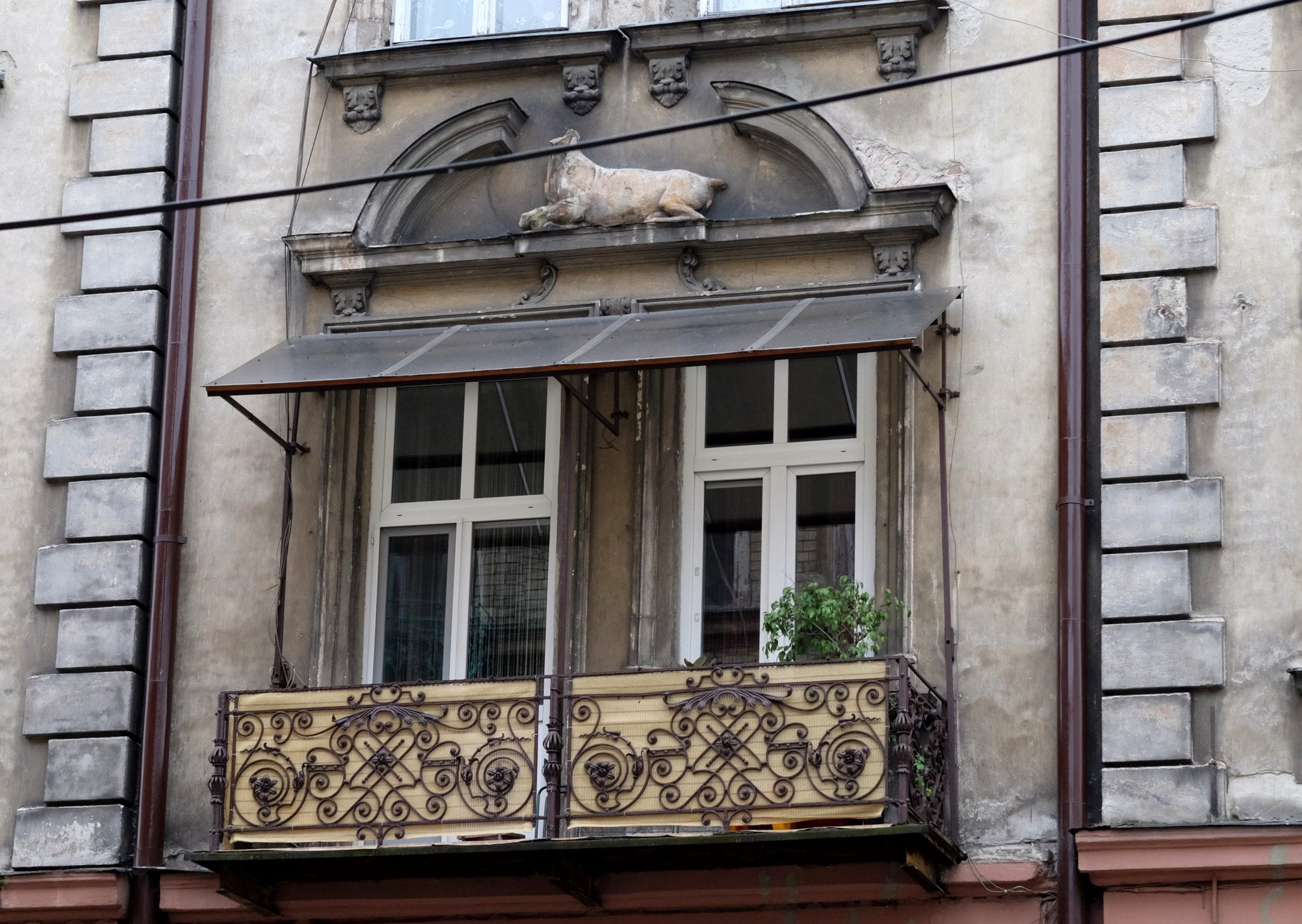 Przemyśl: view from the Przemysl Land Museum
Przemyśl: view from the Przemysl Land Museum